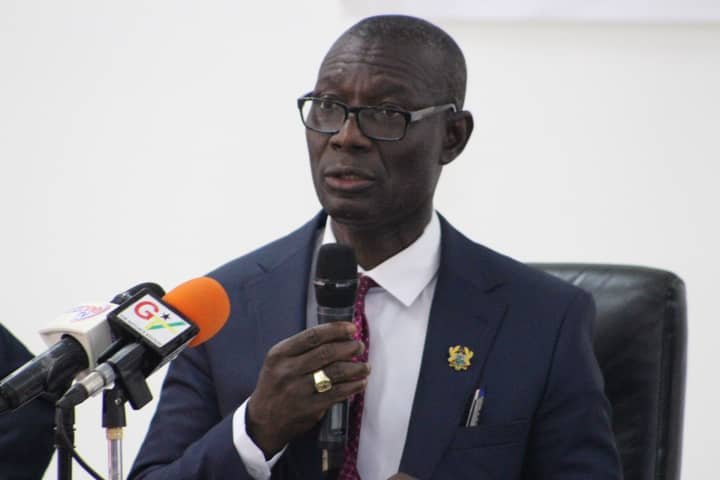President of the Economic Community of West African States (ECOWAS) Community Court of Justice, His Lordship Justice Edward Amoako Asante, says the Court he presides over is ready and empowered to deal with Human Rights abuses brought before it by ECOWAS citizens.
Leadership of the Court are in Ghana as part of the Court’s sensitization mission in the sub-region aimed at making known to the peoples of member states, the mandate and jurisdiction of the ECOWAS Court of Justice.
Addressing the opening ceremony of the three-day Sensitization Forum in Ghana held at the Obed Asamoah Conference Room of the Ministry of Foreign Affairs and Regional Integration, Justice Edward Amoako Asante said, “Under Article 9 (4) of the Protocol on the Court, as amended, the Court was invested with
the ‘jurisdiction to determine cases of violation of human rights that occur in any
Member State”
“The timing of this campaign, coming a few days after the observance of the International Human Rights Day on December 10th and 70 years after the United
Nations General Assembly adoption of the Universal Declaration of Human Rights
is particularly poignant in the context of the Court’s human rights mandate,” Justice Amoako said.
He further observed that, “Despite these admirable provisions and structures, the global climate for Human Rights in the experiment for liberal democracy since the late 90’s has shown that laws and judicial pronouncements are not sufficient in the struggle to advance Human Rights. It is for this reason that the Court has decided to embark on the sensitization programme targeted at strengthening citizens’ consciousness of their Human Rights’ entitlement and the avenue provided by the Court to remedy the violation of such rights”.
MOFARI Representative
In his welcome remarks on behalf of the Minister for Foreign Affairs and Regional Integration, Shirley Ayorkor Botchwey, the Director of the Africa and Regional Integration Bureau of the Minister for Foreign Affairs and Regional Integration, Harold Agyeman, noted that, “Businesses and individuals can also access the Court, where there are issues of derogation of responsibility by Member States, and which are subject matters that are governed by the community legal regime”.
“Indeed, the Court has since 2005 had jurisdiction over the question of Human Rights as spelt out in its Supplementary Protocol. The Court can equally be made to have jurisdiction when parties to an agreement so decide,” Mr. Agyeman added.
The ECOWAS Community Court of Justice
The Community Court of Justice was created pursuant to the provisions of Articles 6 and 15 of the Revised Treaty of the Economic Community of West African States (ECOWAS). The Court is composed of seven (7) independent Judges who are persons of high moral character, appointed by the Authority of Heads of State of Government, from nationals of Member States, for a four-year term of office, upon recommendation of the Community Judicial Council. The Mandate of the Court is to ensure the observance of law and of the principles of equity and in the interpretation and application of the provisions of the Revised Treat and all other subsidiary legal instruments adopted by the community.
The Court has jurisdiction to determine cases of violation of Human Rights that occur in any Member State; The Court adjudges and makes declarations on the legality of regulations, directives, decisions, and other subsidiary legal instruments adopted by ECOWAS. Decisions of the Court are not subject to appeal, except in cases of application for revision by the Court; decisions of the Court may also come under objection from third parties. Decisions of the Court are binding and each Member State shall indicate the competent national authority responsible for the enforcement of decisions of the Court.
Source: Ghana/Starrfmonline.com/103.5FM/Wilberforce Asare




